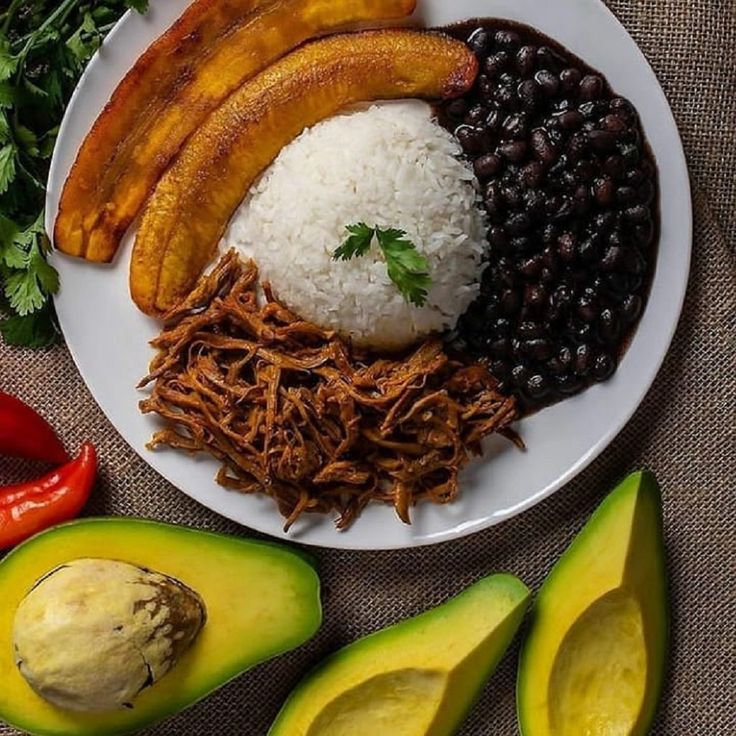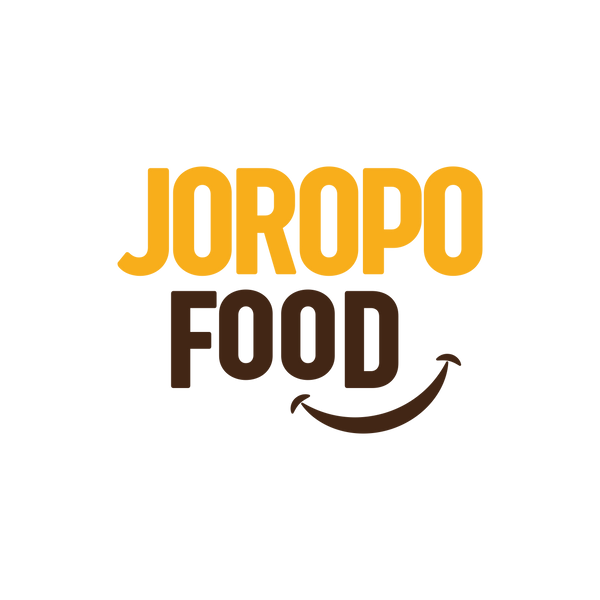
🇻🇪 Discover the Richness of Venezuelan Food: A Story of Flavor and Tradition
Compartir
Venezuelan cuisine is a reflection of a rich multicultural and geographical history that has developed over centuries. From indigenous influences to the arrival of European and African colonizers, Venezuelan cuisine is a fusion of unique flavors, techniques, and ingredients.
Indigenous Roots :
Venezuelan cuisine has its roots in the diet of the indigenous tribes who inhabited the region before the arrival of colonizers. Corn, cassava, fish, bushmeat, and tropical fruits were staples of their diet.

Colonial Influence :
With the arrival of Spanish settlers in the 16th century, Venezuelan cuisine underwent a transformation. New ingredients such as wheat, rice, and cattle were introduced, as well as spices like garlic and cilantro. This gave rise to dishes like arepa, hallaca, and pabellón criollo.
African Influence :
During the colonial era, African cuisine contributed cooking techniques, ingredients such as plantain and cassava, and dishes such as sancocho and mondongo.

Modernity and Diversity :
Today, Venezuelan cuisine continues to evolve under the influence of migration and globalization. The arepa, the national dish, has gained popularity worldwide, and Venezuelan cuisine remains a source of pride and a celebration of national identity.
